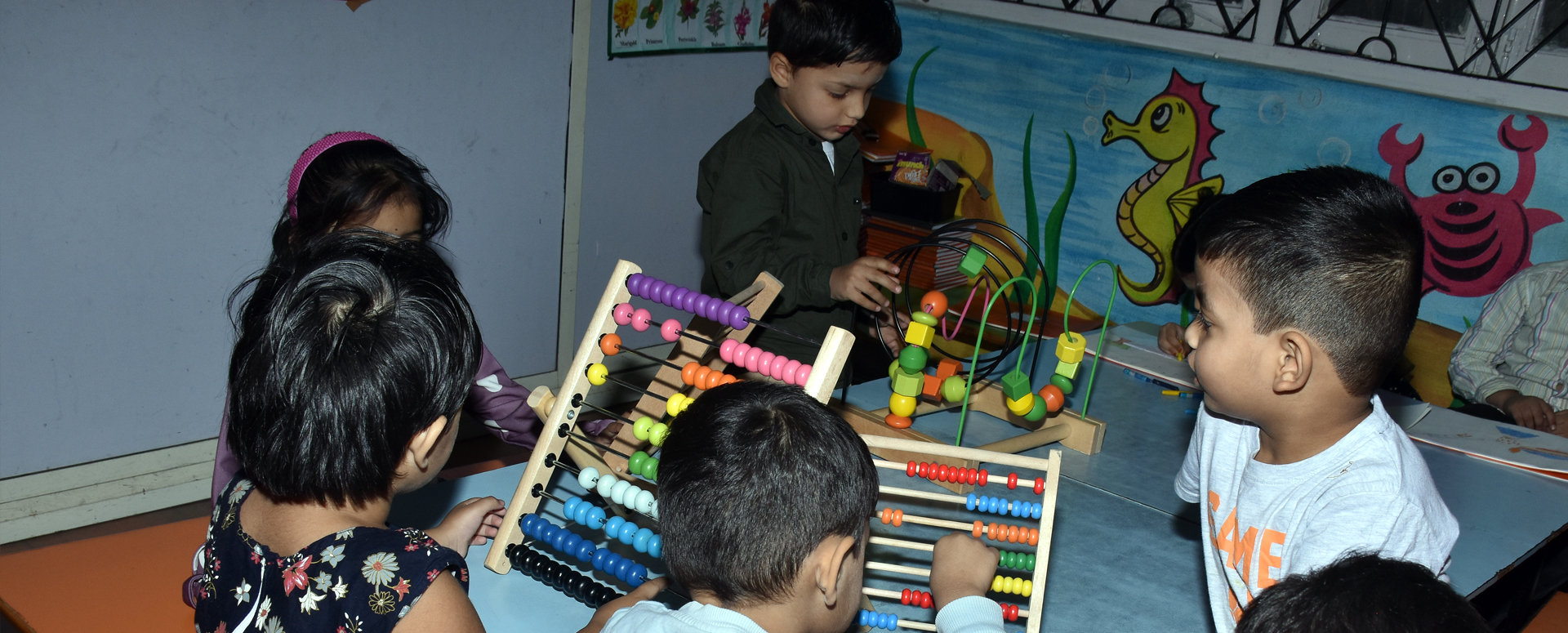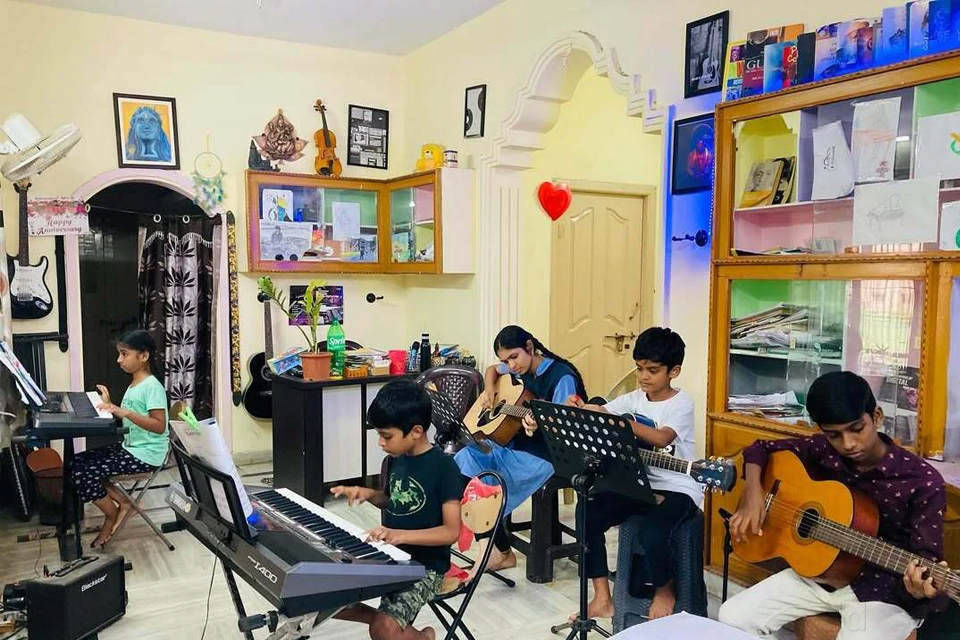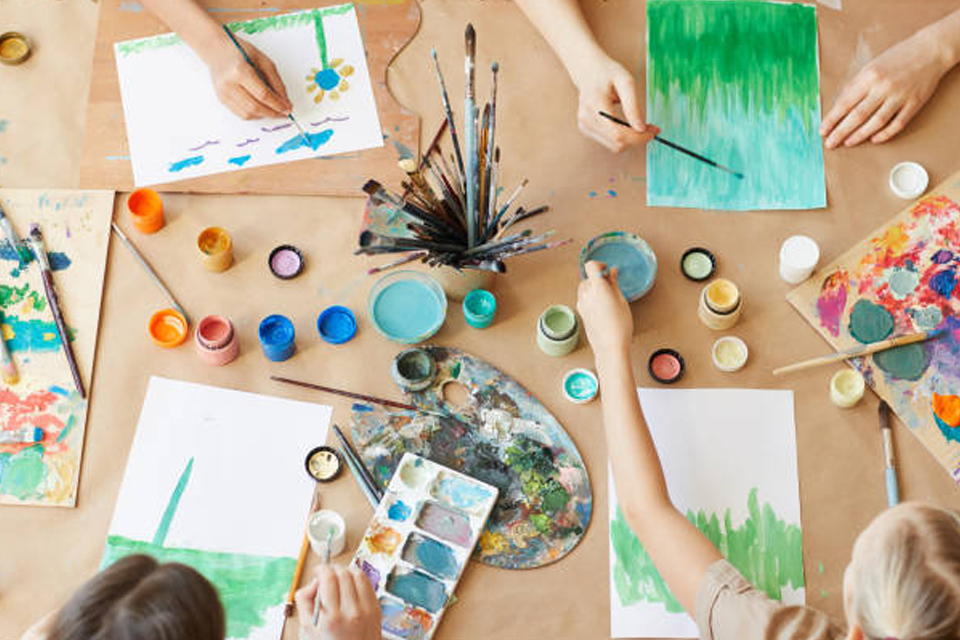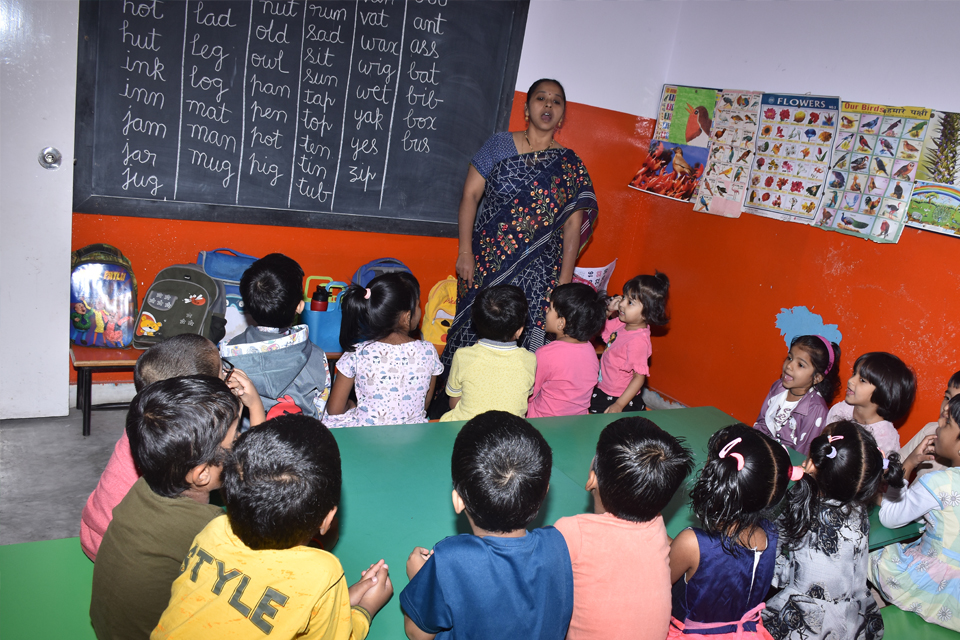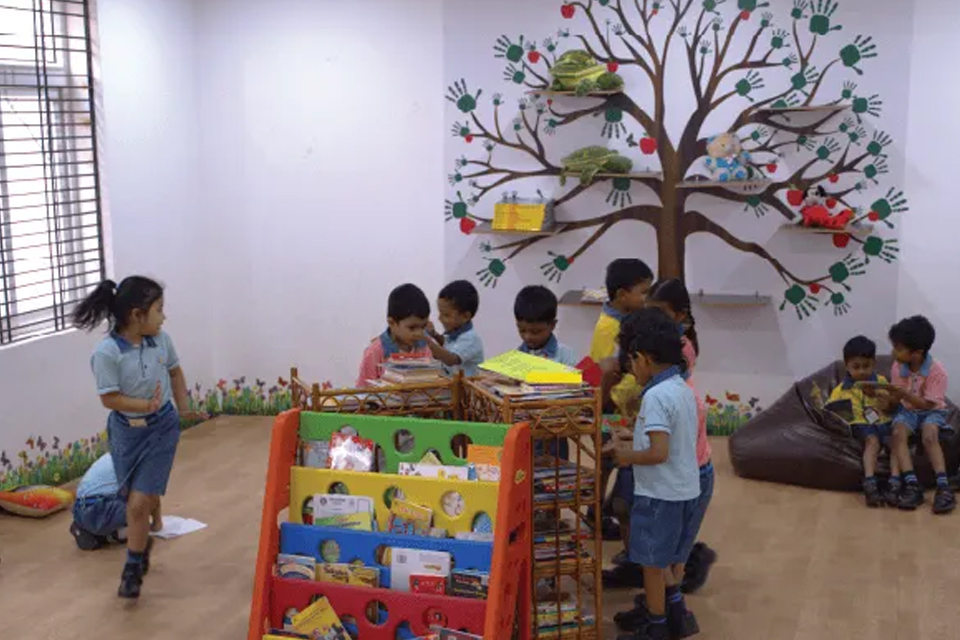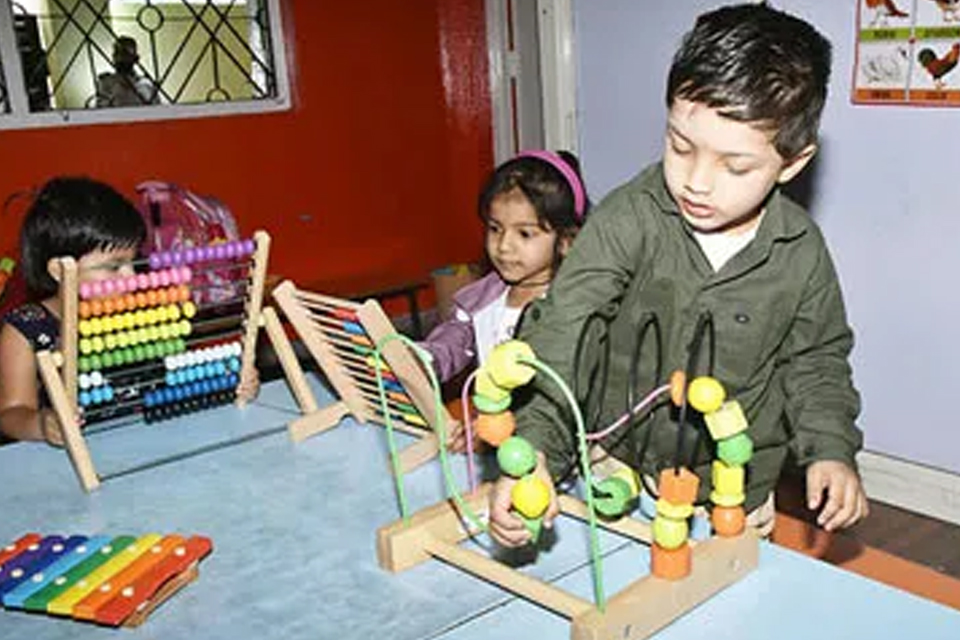Imagination Classes detail
Imagination classes in primary schools are vital to early education, fostering creativity and encouraging children to explore their thoughts and ideas. These classes provide a unique environment where young learners can express themselves freely through various art forms, storytelling, and dramatic play. Educators help children develop critical thinking skills and emotional intelligence by allowing them to use their imagination. In these classes, students can share their dreams and create stories, which boosts their confidence and encourages collaboration with peers. This playful yet structured approach to learning enriches the overall educational experience.
Teachers often introduce themes and scenarios in imagination classes that ignite children's creativity. For instance, they might use fairy tales, nature, or even everyday objects as inspiration for activities. Children are encouraged to visualize and articulate their ideas through guided discussions and interactive exercises. This practice enhances their verbal skills and stimulates their cognitive development. Engaging in such imaginative activities helps children learn to solve problems by thinking outside the box, a skill that will benefit them throughout their educational journey and beyond.
, which teaches them how to communicate effectively while understanding differing perspectives. This social interaction helps build friendships and creates a positive classroom atmosphere where every child feels valued. As a result, these classes stimulate creativity and foster a sense of community among young learners.
Furthermore, incorporating technology into imagination classes can enhance the learning experience. Tools such as digital storytelling apps or drawing software allow children to explore their creativity in new and exciting ways. They can create animations or digital art, merging traditional imaginative practices with modern technology. This blend engages digital-native youngsters and prepares them for a future where creativity and technology increasingly intersect. By introducing students to these tools, educators can inspire them to innovate and think critically about their creative expressions.
Ultimately, imagination classes in primary school provide a foundation for lifelong learning by cultivating creativity, social skills, and technological understanding. These experiences lay the groundwork for future academic pursuits and personal growth. As children explore their imaginations, they develop a strong sense of identity and belonging. The lessons learned in these classes extend beyond the classroom, encouraging students to approach challenges with inventiveness and resilience. Imagination classes are essential in shaping well-rounded individuals ready to contribute positively to society.

